Cover crops in Maine gardens
maineman
18 years ago
Related Stories
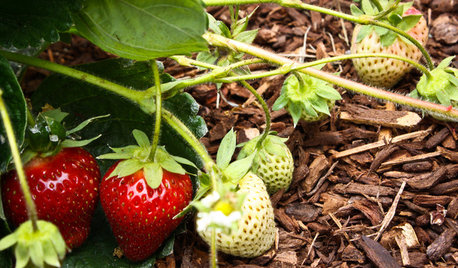
SPRING GARDENINGSummer Crops: How to Grow Strawberries
Pluck your own sweet strawberries right from the garden vine for smoothies, salads or eating then and there
Full Story
EDIBLE GARDENSHow to Grow Your Own Sweet Summer Crops
This guide will help any gardener get started on growing the freshest warm-season veggies and berries for summer
Full Story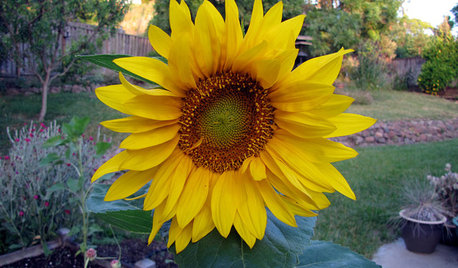
MOST POPULARSummer Crops: How to Grow Sunflowers
Savor snack-tastic sunflower seeds once the radiant blooms have faded — if the birds have saved you any, that is
Full Story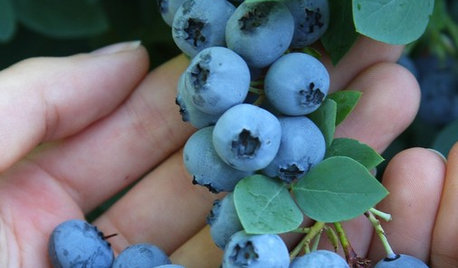
EDIBLE GARDENSSummer Crop: How to Grow Blueberries
Plant blueberries in spring or fall for garden beauty through three seasons — and a sweet superfood in summer
Full Story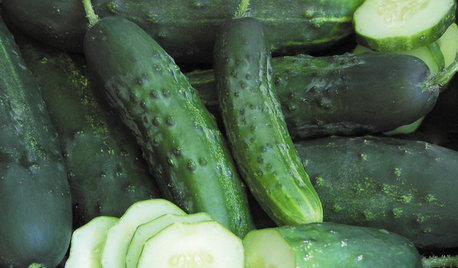
SUMMER FRUITS AND VEGETABLESSummer Crops: How to Grow Cucumbers
Pick a peck for pickles or opt for fewer and raw — no matter how you slice them, cucumbers are great for summer gardens small to large
Full Story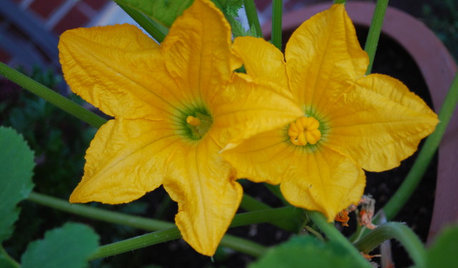
EDIBLE GARDENSSummer Crops: How to Grow Squash
Almost foolproof and with cheerful flowers, squash comes in a wide range of varieties to plant in spring
Full Story
EDIBLE GARDENSSummer Crops: How to Grow Tomatoes
Plant tomato seedlings in spring for one of the best tastes of summer, fresh from your backyard
Full Story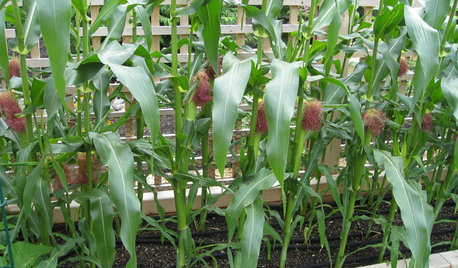
SUMMER FRUITS AND VEGETABLESHow to Grow Your Own Fresh, Sweet Corn
Here's how to plant and care for your own mini cornfield
Full Story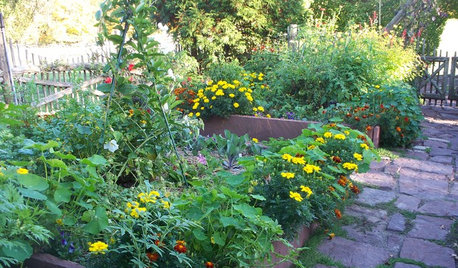
GARDENING GUIDESOrganic Matters: Thwart Insect Pests With Trap Crops
Add a few sacrificial plants to your garden to lure insects away from the harvest
Full Story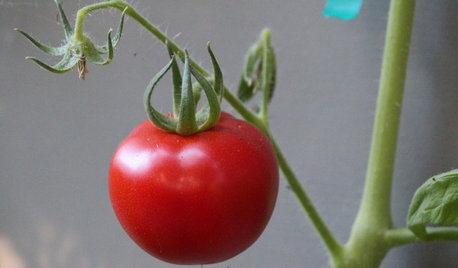
FARM YOUR YARDIf You Have Room for Only One Summer Crop ...
Get an edible that’s long on flavor even if you’re short on space, with a long-time gardener’s favorite picks
Full Story





mainerose
veilchen
Related Professionals
Fillmore Landscape Architects & Landscape Designers · Saint Charles Landscape Architects & Landscape Designers · Manchester Landscape Contractors · Emmaus Landscape Contractors · Kearny Landscape Contractors · Madera Landscape Contractors · Raleigh Landscape Contractors · Stallings Landscape Contractors · Twin Falls Landscape Contractors · Whittier Landscape Contractors · Woodburn Landscape Contractors · Wichita Siding & Exteriors · Lawrenceville Siding & Exteriors · Yorkville Siding & Exteriors · Immokalee Stone, Pavers & ConcretemainemanOriginal Author
daria
veilchen
daria
mainemanOriginal Author
marthacr
mainemanOriginal Author
marthacr